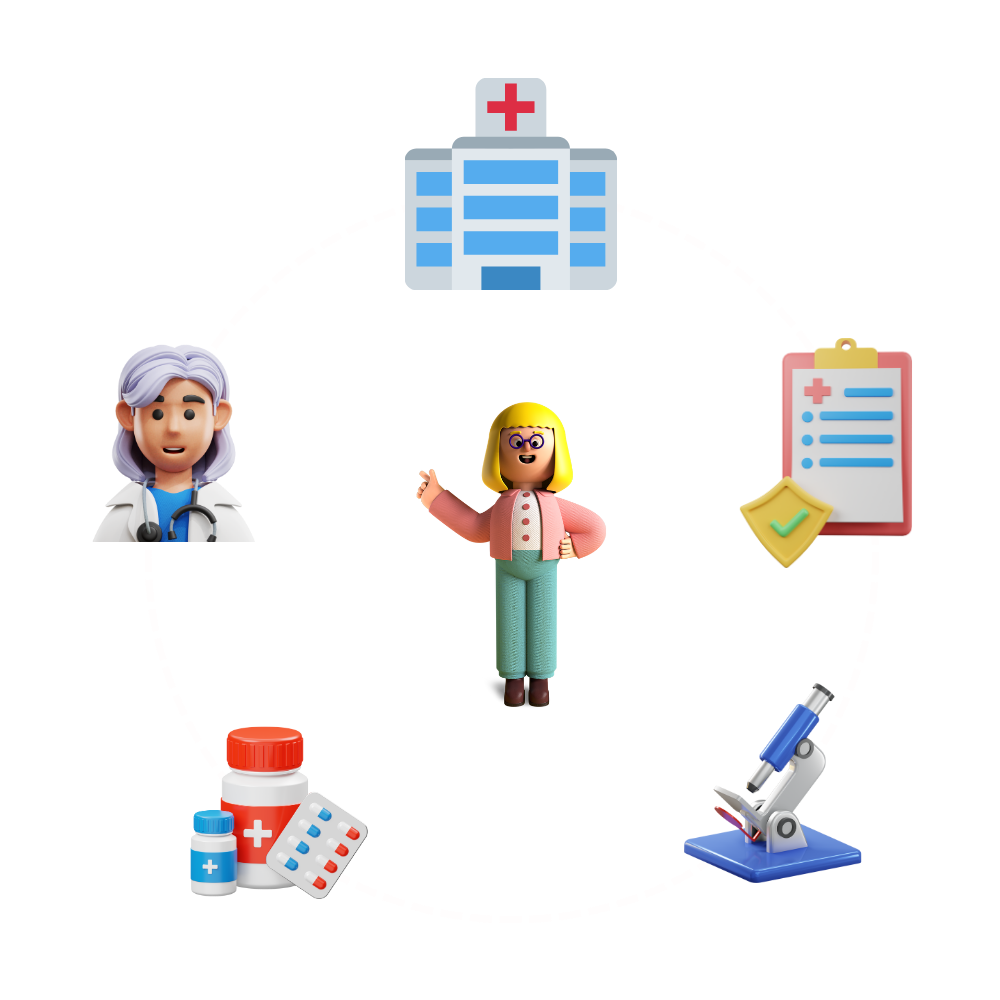About Advance Knee And Shoulder Hospital
Since 2010
Advance Knee And Shoulder Hospital is one of best specilaity clinic located at Bodakdev, Ahmedabad. Established in the year 2010. Advance Knee And Shoulder Hospital is visited by top doctors like Dr. Prathmesh Jain (Orthopedist).
The Timing of Advance Knee And Shoulder Hospital is
MON - SAT
09:00 AM - 09:00 PM
For patients pleasant facility, Advance Knee And Shoulder Hospital provides a amenities like Waiting lounge. Advance Knee And Shoulder Hospital has a wide range of procedures and services offered to their patients like Spine Rehabilitation, Orthopaedics, Operation Theater, Minimally Invasive Knee Correction, Knee Osteotomy, Knee Pain Treatment, Shoulder SLAP (Tear) Lesions & More. The 1 Doctors at Advance Knee And Shoulder Hospital are very good knowledge in their field of expertise & provide the best Diagnosis & Treatment to patients.
The staff at Advance Knee And Shoulder Hospital are polite and providing prompt assistance with any queries that the patient may have. The patient can pay for the service with ease by using any of the available modes of payment, such as Credit Card, Debit Card, Net Banking, Cash, Cheque.
Advance Knee and Shoulder Hospital is a state of Art Hospital providing highly advanced knee and shoulder surgery and care facility. Services of Dr Prathmesh Jain is available who is one of the pioneers in the field of knee and shoulder surgery.Advance knee and shoulder hospital is a superspeciality hospital constructed with an aim to provide state of the art facility to the patients with knee and shoulder problems.The hospital features several unique features which make it at par with the best of the hospitals in the world. Operation theatre is the backbone of any orthopedic hospital. The operation theatre at the hospital is a laminar airflow theatre equipped with hepa filters which makes it a class 100 operation theatre as per particle count norm. Gerflor surface is used not only on the flour but also the walls to have a seamless/jointless surface.Patient safety comes first at advance. With this theme the hospital has acquired a dragger fabius anaesthesia trolley which is one of the safest anaethesia trolley available. Safe anaesthesia can be administered through the same. The trolley has a sevoflurane vaporizer attached as well which is the one of the best inhalational agents available which gives fastest recovery. It is complemented by 16” multipara widescreen dragger monitor. A b braun infusion pump helps in contolled delivery of medications.Allengers HF49 C arm system is always of help while doing complicated knee and shoulder surgeries. Instrumentation armamentarium at the operation theatre is highly advanced. It features a motorized power drill, fine instrumentation sets and all orthopedic instrumentation sets.The operating room has advanced arthroscopy equipment system which includes. Storz camera system and light source. This is supplemented with an aesculap motorized shaver system. A radio frequency vapor device adds to the armamentarium. Full set of delicate hand instruments of shoulder and knee Arthroscopy is available.Sterlization is one of the key elements in preventing surgical site infections. The hospital has a horizontal autoclave machine which works on vaccum assisted technology.Inpatient department is also highly equipped. The rooms are equipped with fully motorized, semi motorized and partially motorized beds from Janak healthcare respectively according to room category. Air condition facility is available as per room class. The rooms also have the facility of refrigerator, microwave. For patient safety monitors are available
 Drlogy
Drlogy




